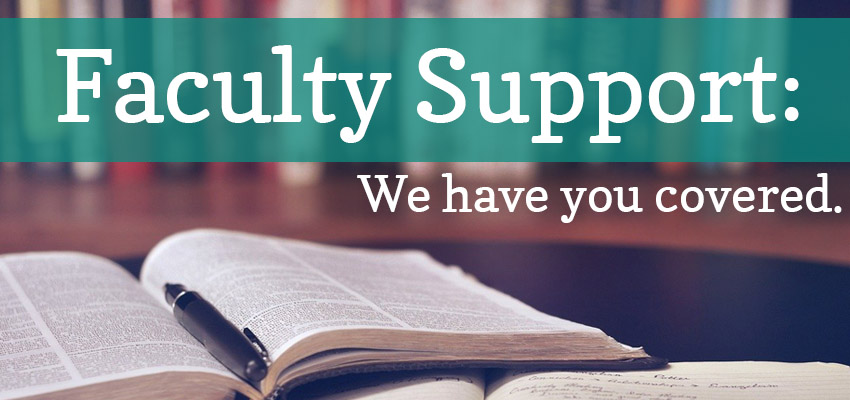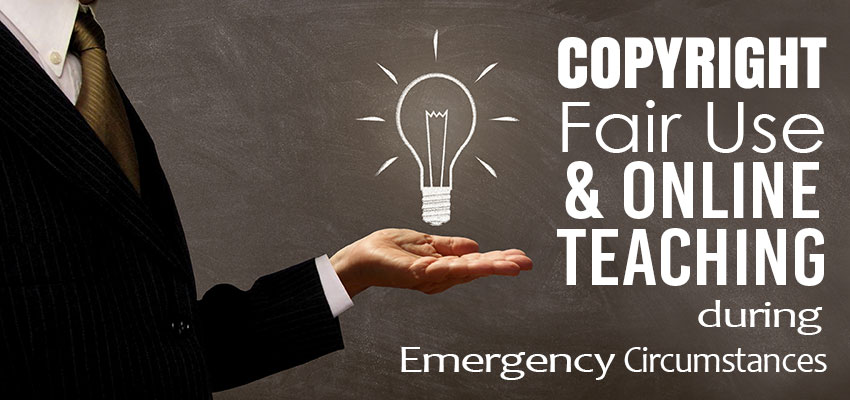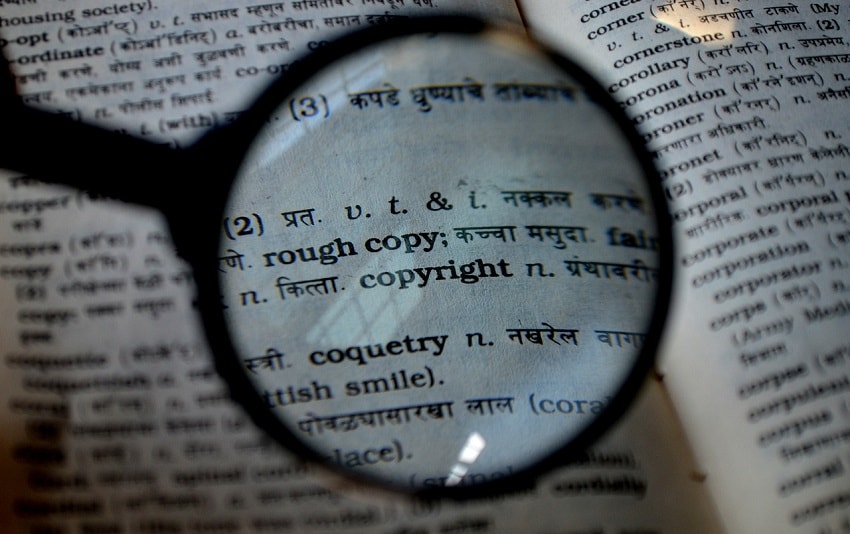Faculty Support: UCF Libraries Copyright Support for Teaching & Research
All Libraries, Digital Support, Scholarly Communications Posted: November 9th, 2020
Whether you’re preparing course materials for your course or have questions about copyrighted works for your research, UCF Libraries has got you covered with a variety of services and resources to help you navigate the complexities of copyright in all your teaching & research endeavors.
The Office of Scholarly Communication provides general information about copyright, fair use, and other copyright-related matters. In addition to our website, you can also find information on our various intellectual property research guides where we explore topics, such patents, trademarks, and copyright.
If you have specific questions or would like to speak with a librarian about copyright, Scholarly Communication Librarian, Sarah Norris, is here to provide general information to faculty for teaching & research purposes. She is also offering online office hours for drop-in questions. You can find her current virtual office hours, as well as how to schedule an appointment here: https://library.ucf.edu/staff/norris-sarah/



